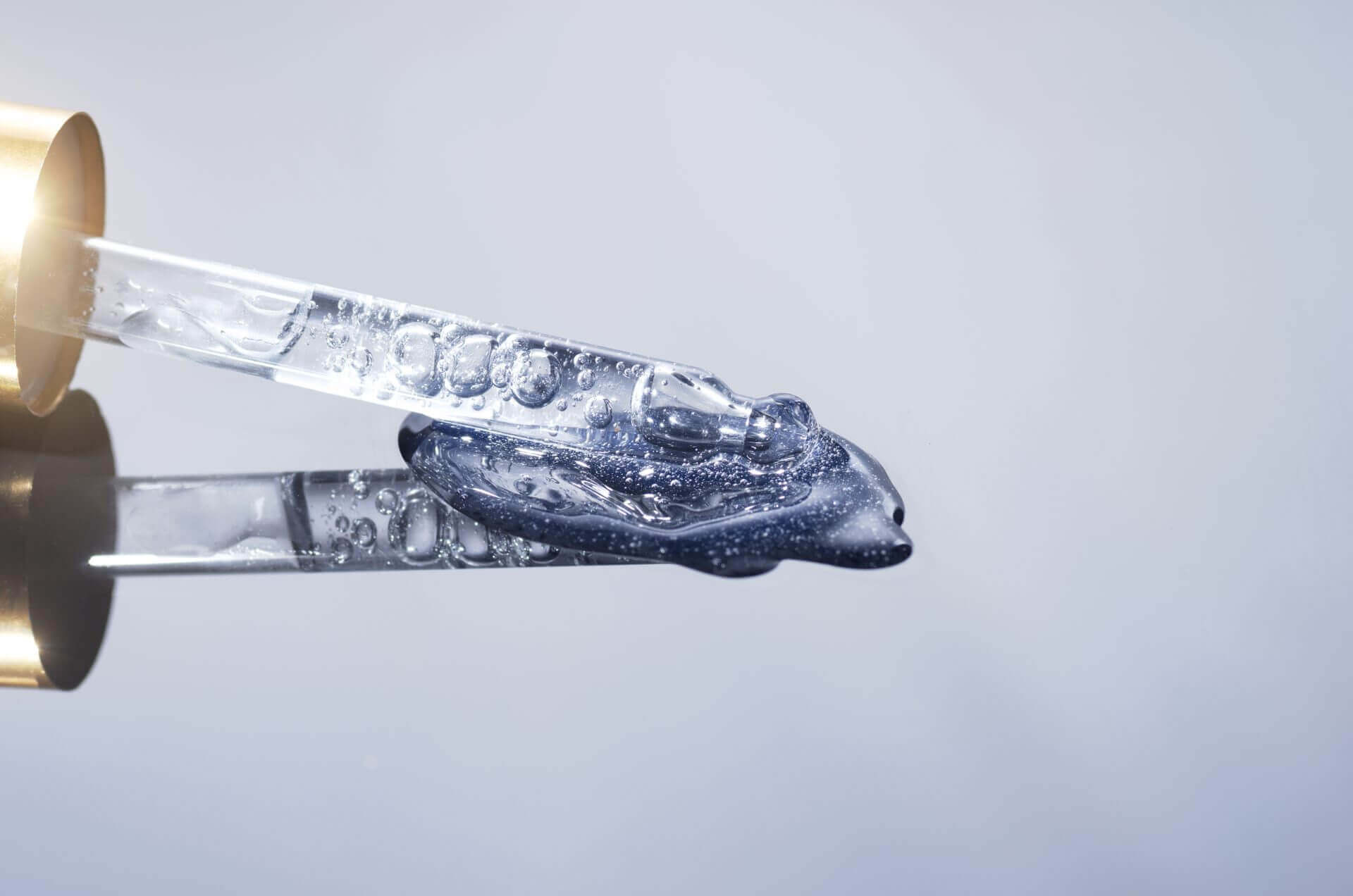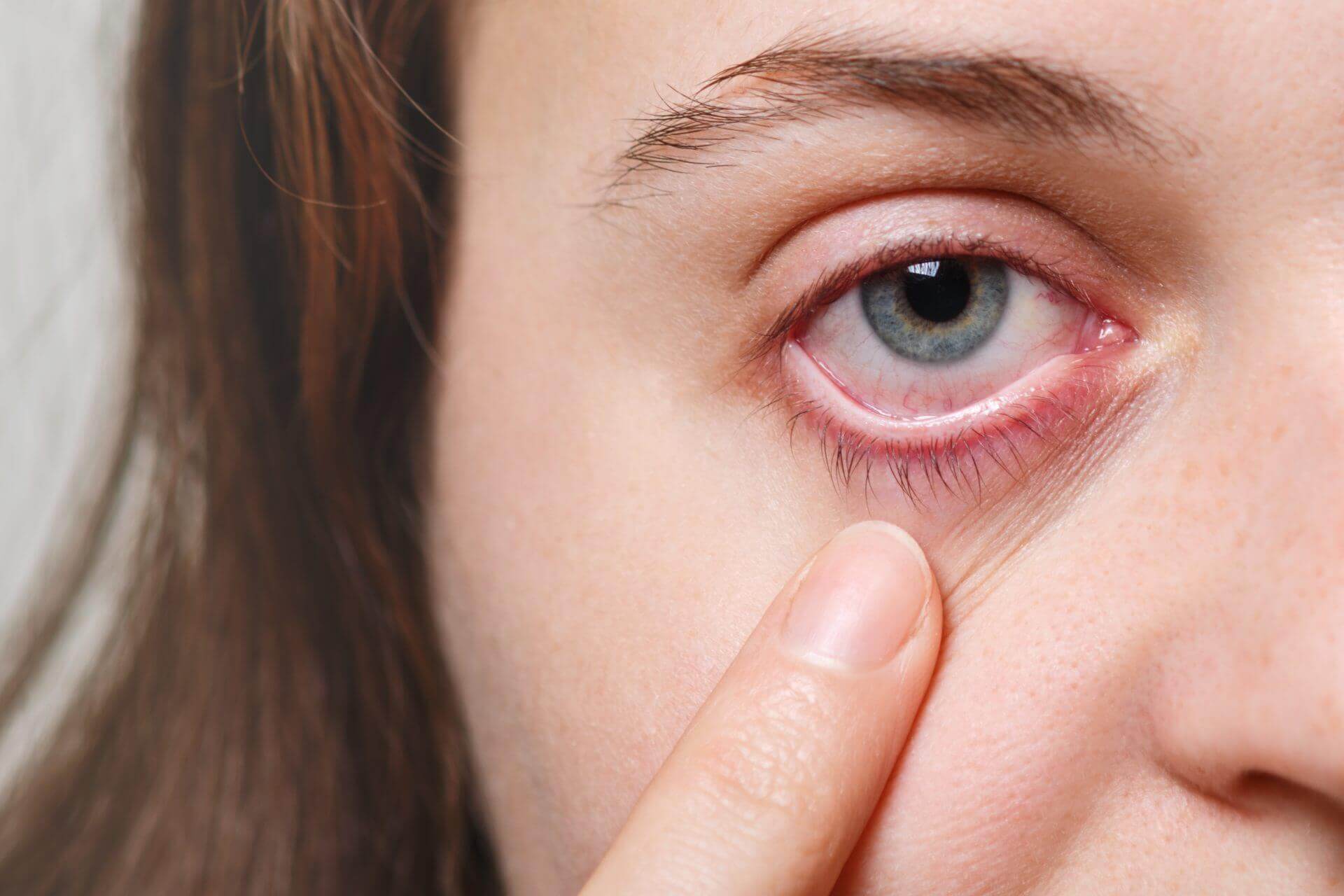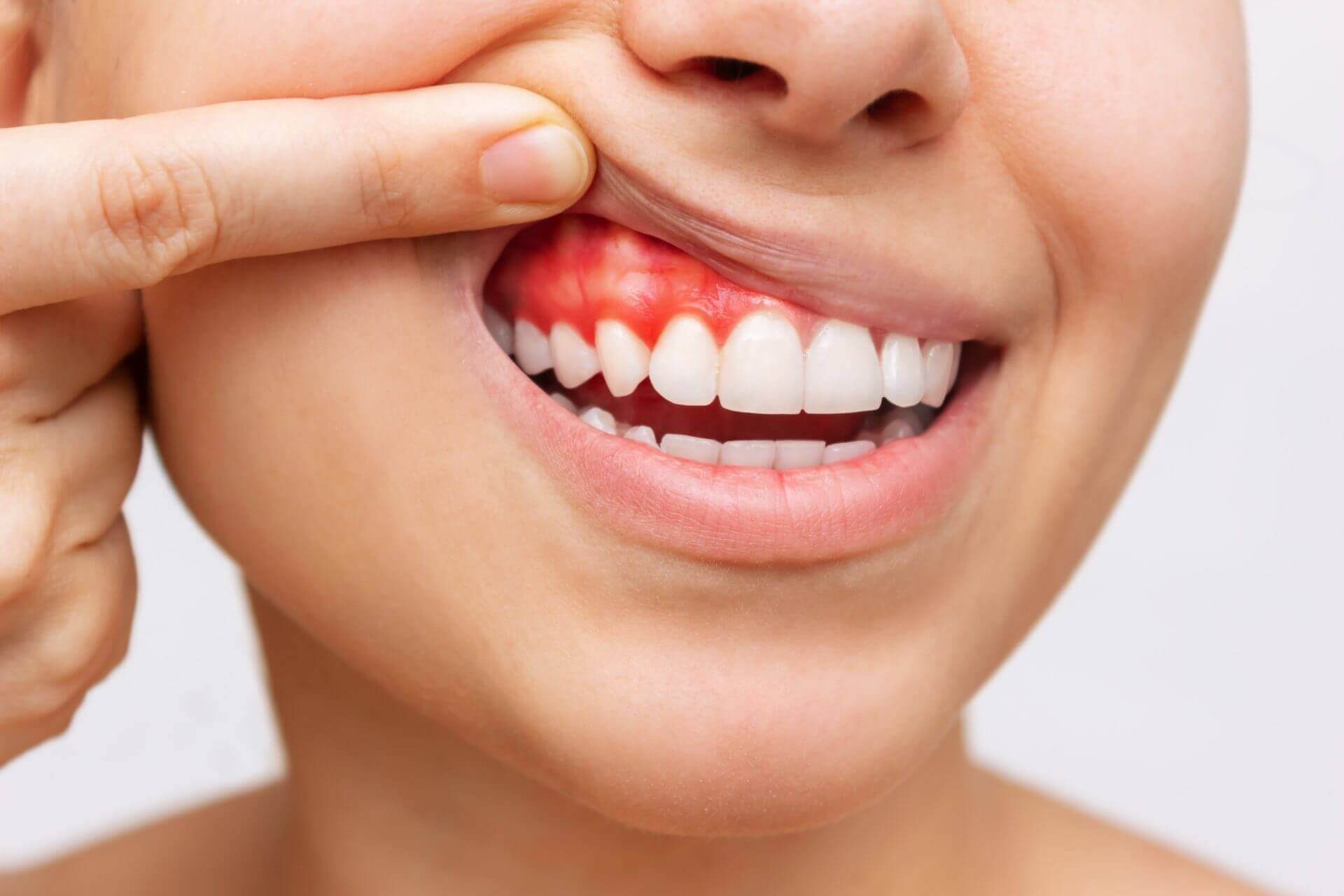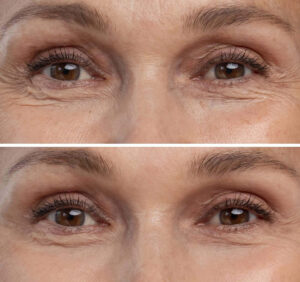Hyaluronic acid is crucial in pursuing youthful skin and optimal health and has various benefits. Also referred to as hyaluronan or hyaluronate, hyaluronic acid is a thick, slippery substance naturally found in the body, especially in areas such as the eyes, joints and skin.
With its remarkable benefits and versatile applications, aesthetics and dermatology use hyaluronic acid in numerous ways, such as in hyaluronic acid dermal fillers. In this article, we will delve into the multitude of advantages that hyaluronic acid offers and how it can benefit your clients.
How is Hyaluronic Acid Made?

Whilst naturally found in the body, professionals can also make hyaluronic acid. It is primarily produced through fermentation involving specific types of bacteria, such as some Streptococcus bacteria.
Alternatively, you can also source hyaluronic acid from rooster combs, where it naturally occurs.
Main Benefits of Hyaluronic Acid
1) Keeps Skin Healthier

Various clients use hyaluronic acid for its skin benefits, such as preventing dryness. Hyaluronic acid is a humectant, and its ability to retain moisture allows it to hold up to 1,000 times its weight in water, creating a reservoir of hydration within the skin layers.
This capability also supports the skin barrier function, helping the skin retain water effectively. By improving the skin’s moisture barrier, hyaluronic acid helps prevent excessive water loss, minimise dryness and improve overall skin health.
Moisture retention makes it an invaluable ingredient in skincare formulations your client can use. For example, the Sosum 3ml HA Skin Booster contains hyaluronic acid and helps skin appear supple and smooth.
2) Relieves Joint Pain
Hyaluronic acid is not only administered via topical means, such as creams and lotions. Injections offer a valuable solution for joint-related ailments like osteoarthritis.
This substance supplies essential support by providing natural lubrication, cushioning the joints and reducing pain and inflammation. When injected into the affected joints, it helps restore depleted levels of hyaluronic acid, thereby reducing friction between bones and offering enhanced joint protection.
This non-surgical approach can improve a patient’s quality of life and minimise the need for more invasive treatments.
3) Accelerates Wound Healing
The unique properties of hyaluronic acid enable it to play a pivotal role in promoting tissue repair and regeneration, making it valuable in the healing process for wounds, burns and other skin injuries.
Hyaluronic acid is a natural moisturiser that prevents excessive dryness in the wound bed. It also reduces inflammation and promotes angiogenesis, which is when new blood vessels form in the body.
Combining hyaluronic acid with non-sterile wound dressings can optimise the patient’s healing potential.
4) Reduces Fine Lines and Wrinkles

Another benefit of this natural compound is that it leaves skin looking more youthful and rejuvenated. As it can retain moisture, hyaluronic acid can effectively plump up the skin, thereby reducing the appearance of fine lines and wrinkles.
In dermal fillers, such as Saypha Filler with Lidocaine, hyaluronic acid is popular for its compatibility with the human body and ability to provide long-lasting results. It is the ideal ingredient for products targeting and replenishing lost volume.
Topical skincare products containing this ingredient, such as creams, offer a non-invasive approach to achieving youthful-looking skin.
5) Treats Acid Reflux
Hyaluronic acid may also hold promise in managing acid reflux.
Acid reflux is characterised by regurgitating stomach acid into the oesophagus, causing discomfort and damage. Research suggests that hyaluronic acid forms a protective layer in the oesophagus. This substance also soothes it and promotes healing, helping individuals suffering from the condition.
Hyaluronic acid provides immediate relief and shows promise as an adjunct treatment for gastroesophageal reflux disease (GERD). A study found a combination of hyaluronic acid and chondroitin sulphate supplements with acid-reducing drugs can lessen the symptoms of acid reflux, though further research is required.
6) Aids Skin Pigmentation
Beyond its renowned moisturising properties, hyaluronic acid can promote a more even skin tone and mitigate hyperpigmentation concerns for your clients.
Its hydrating properties contribute to increased cell turnover, reducing pigmented areas and offering a more uniform complexion. Moreover, studies suggest hyaluronic acid can help manage conditions like melasma and post-inflammatory hyperpigmentation.
Products such as hyaluronic acid moisturisers can be an excellent way for clients to use this substance to help with skin pigmentation conditions.
7) Provides Dry Eye Relief

People suffering from dry eye syndrome can use hyaluronic acid to alleviate discomfort. Professionals also use hyaluronic acid-containing eye drops during eye surgery to help with healing and inflammation.
With their lubricating and moisturising properties, eye drops containing this substance offer relief by replenishing the moisture lacking in dry eyes. This additional moisture provides much-needed hydration to lessen symptoms such as itching and irritation.
Whether dealing with mild or severe cases of dry eyes, hyaluronic acid eye drops can benefit your patients, empowering them to experience improved comfort and overall eye health.
8) Can Prevent Bladder Pain
When reducing bladder pain linked to interstitial cystitis, bladder instillations containing hyaluronic acid offer a promising solution. This treatment aims to provide a protective barrier and mitigate inflammation within the bladder lining by administering hyaluronic acid through a catheter.
The barrier shields the bladder lining against irritants to minimise client discomfort and reduce pain. Whilst administration through the catheter has been found effective, it is currently undetermined whether oral hyaluronic acid supplements provide the same relief.
9) Supports Bone Health
Osteoporosis is a health condition that causes bone fragility and weakness, making breaks more likely. The condition osteopenia can precede osteoporosis and is when someone has a lower bone density than they should, but it isn’t severe enough to be considered osteoporosis. It is not guaranteed that osteopenia will result in osteoporosis.
Whilst known for its role in skin hydration and joint lubrication, research suggests hyaluronic acid can help maintain healthy bone density and prevent osteoporosis. By promoting the activity of osteoblasts—the cells responsible for bone formation— hyaluronic acid may help to strengthen a client’s bones.
Further research is needed to understand its mechanisms and optimal dosage fully. Still, hyaluronic acid holds promising potential in both preventive and therapeutic approaches to enhance bone health and reduce the risk of osteopenia developing into osteoporosis.
10) Treats Gum Disease

Along with its benefits for the skin, hyaluronic acid offers potential advantages in managing inflammation, promoting gum tissue healing and improving overall oral health. When applied topically, this substance can support tissue healing within the mouth and reduce ulcers.
By reducing inflammation, hyaluronic acid gel aids in controlling periodontitis (gum disease), making it an ideal treatment for the condition. Moreover, its ability to stimulate collagen synthesis supports gum tissue regeneration, which helps them to heal.
Incorporating hyaluronic acid gel into gum disease treatments allows clinicians to effectively target and alleviate the symptoms associated with periodontitis, such as redness, swelling and bleeding gums, and improve oral health outcomes.
Side Effects of Hyaluronic Acid
Hyaluronic acid usually has few side effects, possibly because we can naturally find it in the body. However, while side effects are minimal, professionals must acknowledge some individuals may suffer from allergic reactions.
There are increased risks of side effects for injecting hyaluronic acid into the skin or joints. However, note that medical professionals mostly attribute this to the injection process, not the hyaluronic acid itself. Side effects from this can include pain, swelling and bruising, though this is not a comprehensive list.
Furthermore, recent studies have indicated a potential link between hyaluronic acid and cancer cell sensitivity, suggesting this treatment may cause the cells to grow faster. Therefore, it is typically recommended that patients with cancer or a history of cancer avoid taking hyaluronic acid.
Clients should inform their medical professional if they are taking medications, supplements or other compounds along with hyaluronic acid, as the combination may cause side effects.
At the time of writing, there is insufficient evidence to suggest how these treatments will impact an unborn baby.
Hyaluronic acid has a diverse and significant array of benefits across various applications. This substance can help patients with numerous medical concerns, such as healing.
Its ability to retain moisture, promote skin hydration and restore volume and elasticity has made it a popular choice for combatting signs of ageing. Revolve Medicare have various dermal fillers containing hyaluronic acid, allowing you to yield remarkable results that enhance your patients’ natural beauty, and our local anesthetics can support their comfort.
Take a look and see how we can support you and your clients today.





